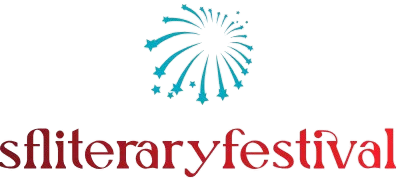Navigating the world of literary agents can be both exciting and daunting for aspiring authors. Literary agents serve as intermediaries between authors and publishers, advocating for their clients’ work and negotiating publishing deals. Here are some key aspects to consider when exploring the world of literary agents:
Research and Familiarize Yourself:
Start by researching different literary agents who specialize in your genre or area of interest. Read their bios, client lists, and submission guidelines which can usually be found on their websites. Look for agents who have successfully represented authors and books similar to yours.
Understand the Role of a Literary Agent:
Literary agents have expertise in the publishing industry and can provide invaluable guidance and insights. Their role includes reviewing and editing manuscripts, pitching books to publishers, negotiating contracts, managing author-publisher relationships, and assisting with career development.
Submission Guidelines:
Each literary agent has specific submission guidelines that authors must adhere to when querying their work. It is crucial to meticulously follow these guidelines to ensure your submission is considered. Failure to comply may result in your work being rejected unread.
Query Letters and Pitching:
A query letter is a written introduction to your manuscript that serves as your first impression to agents. Craft a compelling and concise query letter that highlights the unique aspects of your work, including a synopsis and details about your writing background if relevant. Make sure to personalize each query letter to the individual agent you are contacting.
Building a List of Potential Agents:
Compile a list of potential literary agents who align with your writing style and interests. This list can be created through web searches, author references, industry directories, or recommendations from other authors. It is beneficial to have a range of agents to approach, including both established and new agents.
Networking Opportunities:
Attend writing conferences, literary festivals, and author events to network with industry professionals, including literary agents. These events provide opportunities to pitch your work directly, gain insights into the publishing industry, and make connections.
Considerations When Choosing an Agent:
When an agent shows interest in representing your work, consider their track record, reputation, and communication style. It is crucial to find an agent who believes in your work, understands your vision, and has a commitment to long-term career development.
Non-Traditional Publishing Options:
While traditional publishing is a common route, don’t overlook non-traditional publishing options such as small presses or self-publishing. These avenues may be suitable for certain authors and genres, offering greater creative control and direct access to readers.
Beware of Scams:
Unfortunately, the publishing industry is not immune to scams. Be cautious of agents who ask for upfront fees, offer instant publication deals, or make promises that seem too good to be true. Research agents and agencies carefully to ensure they have a reputable track record.
Persistence and Resilience:
The journey to securing a literary agent can be challenging, and rejection is common. Remember to persevere, refine your craft, and continue submitting to agents who are a good fit for your work. It often takes time and persistence to find the right partnership.
Exploring the world of literary agents requires patience and research. Finding the ideal literary agent can be a significant step toward publication and a long-term writing career. Be proactive, stay informed, and continue honing your writing skills as you embark on the exciting journey of seeking literary representation.




